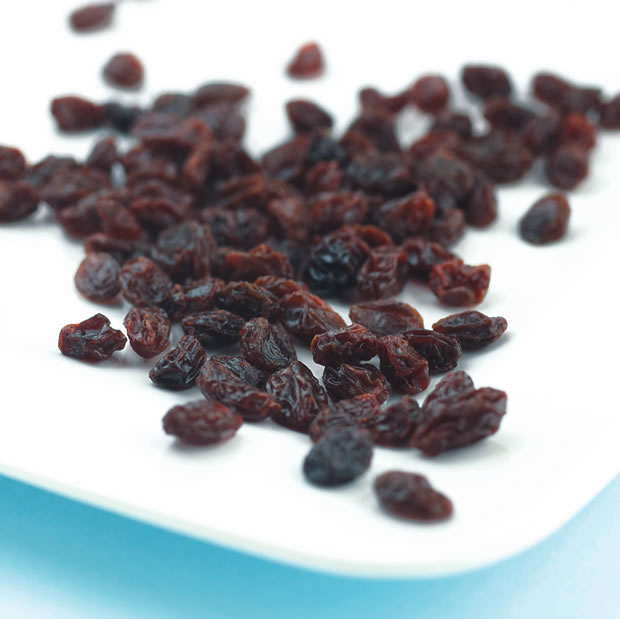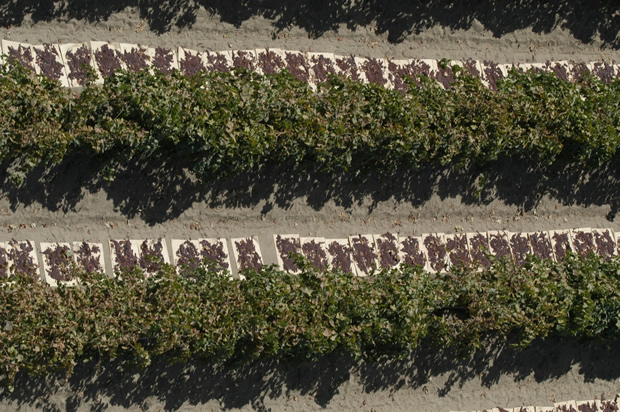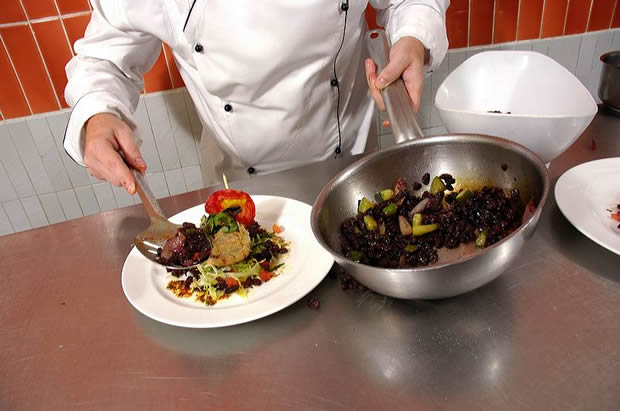WHEN IT’S A SULTANA………..
You would be surprised how few people know the difference between a raisin and a sultana. They are both dried grapes, true, but that is really where the similarities end.
 The California raisins story
The California raisins story
William Thompson ‘invented’ the California raisin in 1876 when he crossed the Lady de Coverley grape with other varieties to create the Thompson seedless grape, perfect for producing raisins. Today California’s raisin industry produces 300,000 tons of dried fruit annually, within a 60-mile radius of Fresno, known as the central San Joaquin Valley. Japan and the UK are the world’s top two export markets. The Valley’s growers and packers invest heavily in equipment and technology, ensuring California raisins are the world’s cleanest and safest raisins.

Essentially, the difference between a raisin and a sultana begins with how the grapes are dried. California Raisins are produced using only natural sunlight. The grapes can take up to 3 weeks to dry in the hot California sun, during which time the Maillard reaction converts the grape into a raisin. The skin acts as a cooking vessel, retaining the juices inside while the sugars slowly caramelise. This lengthy process creates the beautiful dark colour a California Raisin is known for, and a rich taste that makes them ideal for use in a wide range of applications, from snacking and baking, to sauces, fine dining and even beer!

Sultanas are also produced from white grapes, but native to the Caspian Sea, Turkey – the world’s largest producer of sultanas. Sultanas are often referred to as ‘White Raisins’, but it differs from a true raisin in two ways. Firstly, and most apparent, it is lighter in colour, although the colour ranges from very light to dark brown. More importantly though, and a lesser known fact, it undergoes a different drying process. The drying period for sultanas lasts approximately 1 week, then the mature grapes are dipped in a potash solution making the skins supple and reducing the drying time significantly.

Sultanas tend to be slightly sweeter than raisins quite simply because the effects of sun drying are much less pronounced. The two are often confused with each other. Some people even call sultanas as ‘sultana raisins’ adding to the existing confusion.
Most of the UK trade and buyers understand the differences and market sultanas and raisins as different products, an important distinction to make since the UK is the largest market in the world for dried vine fruit. Making the distinction is vital as it creates separate profit opportunities for retailers and buyers. This is particularly important as consumers increasingly want to know what goes into their food, but also where it comes from.
Transparently good
Raisins grow in many lands, but California is the only ‘Origin’ investing in the quality of its fruit and getting the message across about the health benefits and other attributes. California raisins provide peace of mind for buyers and customers by consistently producing a clean, safe, rich tasting product from the world’s foremost raisin producing region.
California provides piece of mind for buyers and customers by consistently producing a clean, safe, rich tasting product from the world’s foremost raisin producing region.
The Raisin Administrative Committee are passionate about working with Britain’s bakers, confectioners, wholesalers, NPD suppliers to develop new products and promote existing product featuring California raisins.
“We’re committed to supporting our trade partners who use California raisins,” says Peter Meadows, “and giving consumers the best possible products. As the raisin experts we are keen to be involved with customer events, exhibitions and instore promotions and look forward to resuming these activities as normality returns after COVID-19.”
Contact info@ukraisins.co.uk




Comments are closed.